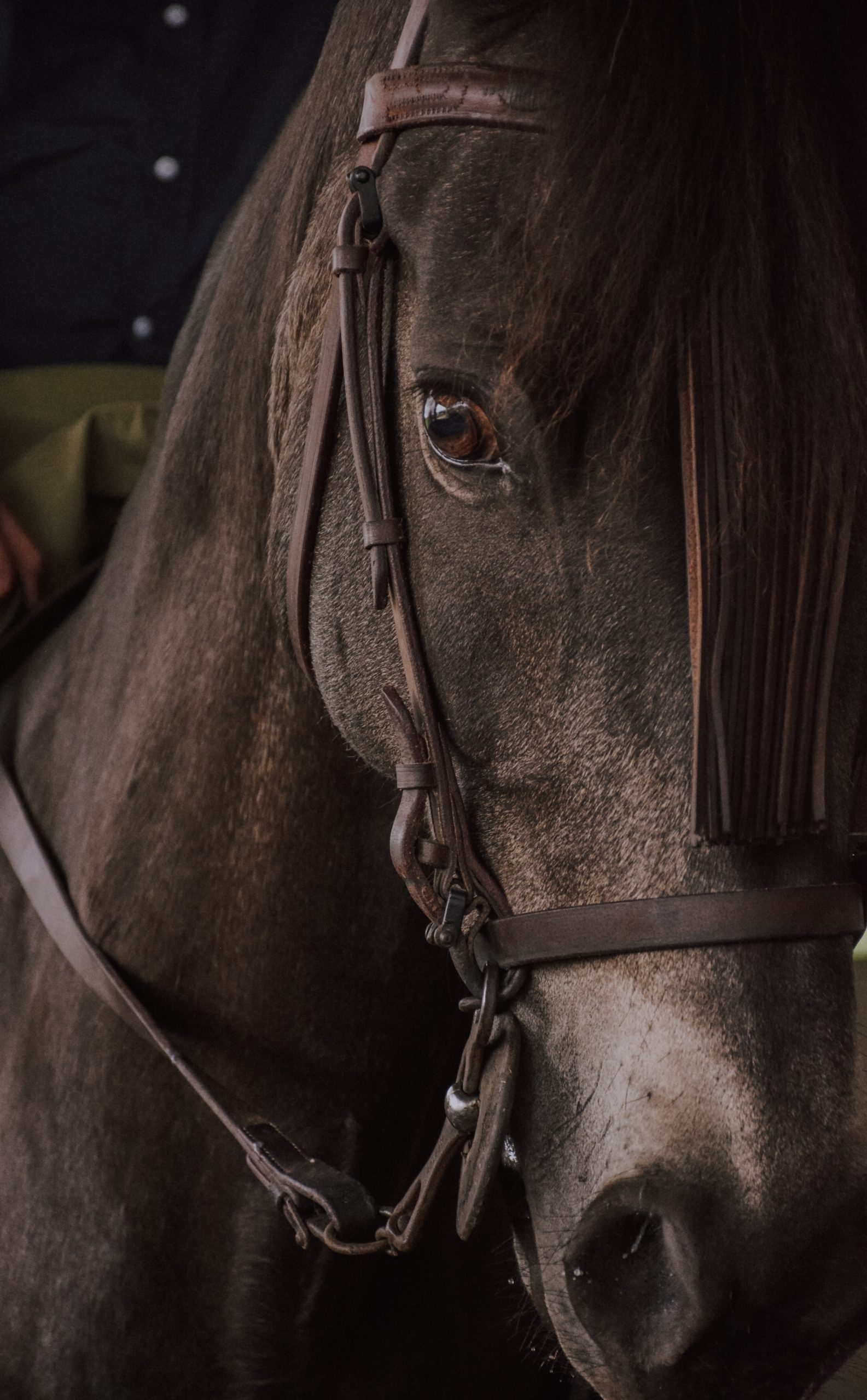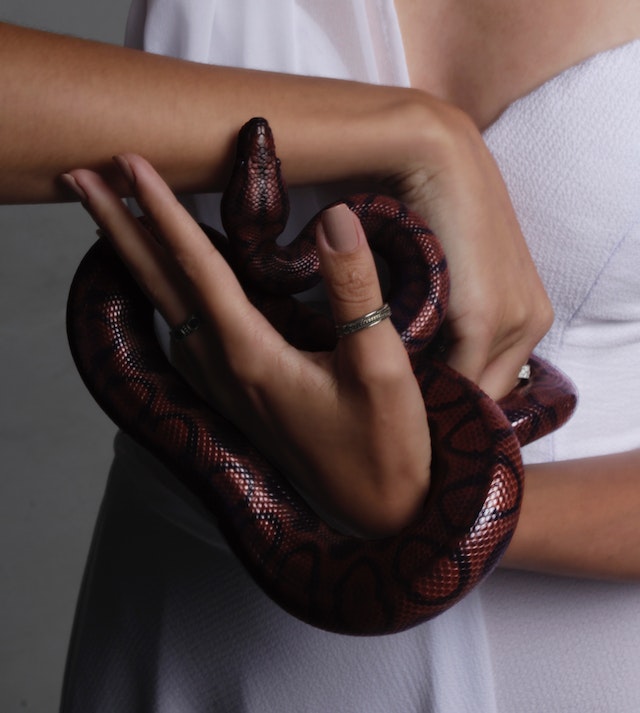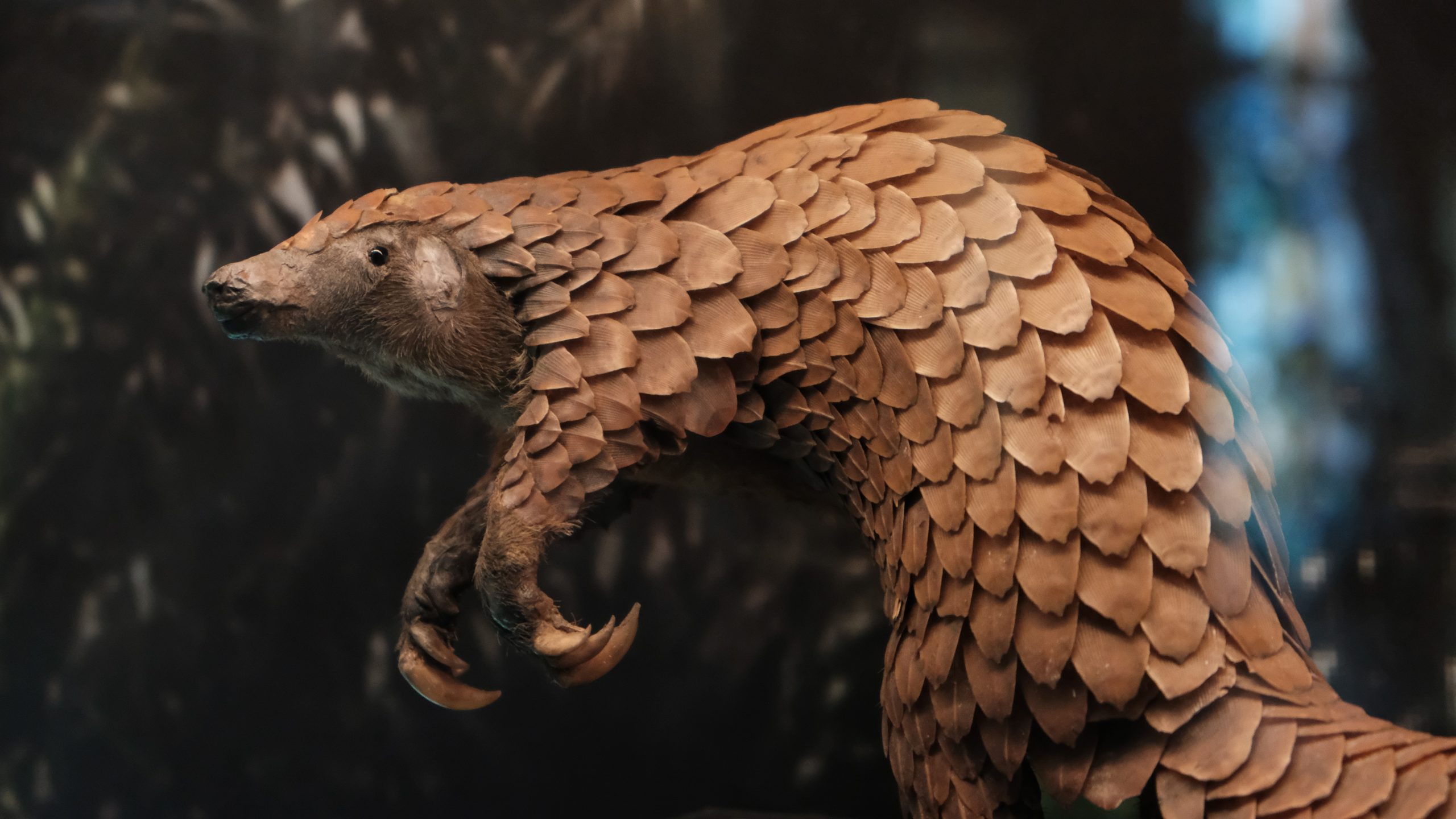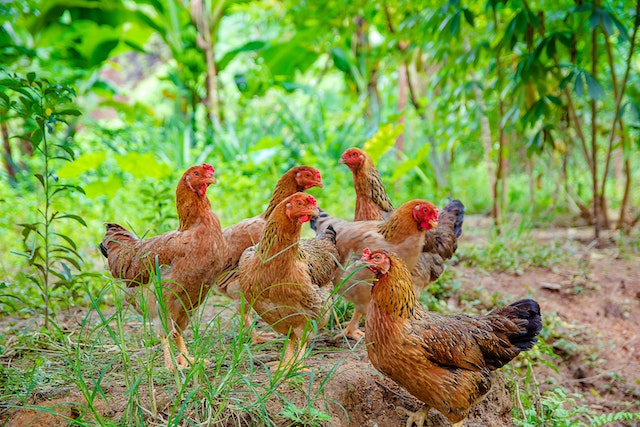As one of the most iconic and beloved creatures in the equine world, mares have a special place in our hearts. They are gentle and intelligent animals that play an essential role in the continuation of their species. But, as with any animal, it is crucial to understand a mare’s behavior to ensure their safety and well-being.
Mares are often described as being more sensitive and emotional than their male counterparts. They tend to be more vocal, expressive, and territorial, particularly when it comes to protecting their offspring. Understanding a mare’s behavior means paying attention to her body language, vocalizations, and other subtle cues.
One of the most important things to remember about mares is that they are herd animals. They thrive on social interaction and are deeply connected to their family group. If separated from their herd or foal, they can become anxious, distressed, and even aggressive. It is crucial to provide mares with adequate socialization opportunities and minimize stress factors, particularly during foaling.
Mares’ behavior is also influenced by their reproductive cycle. During breeding season, they can exhibit mood swings, aggression, and other changes in behavior. These cycles are due to hormonal changes that affect their physical and emotional state. By understanding the mare’s reproductive cycle, handlers can prepare and anticipate changes in behavior.
In addition to understanding a mare’s behavior, it is also essential to provide them with proper care and attention. Mares need regular veterinary check-ups, grooming, and feeding routines, and safe living conditions. This includes providing them with a clean, comfortable stall or pasture and regular exercise.
Finally, it is crucial to respect a mare’s boundaries and personality. Each mare is unique, with her own likes, dislikes, and quirks. As handlers, we need to recognize and respect these individual differences and adapt our approach accordingly.
In conclusion, understanding a mare’s behavior is crucial to their safety, well-being, and overall happiness. By paying attention to their body language, respecting their boundaries, and providing them with proper care and attention, we can ensure that these magnificent creatures thrive and continue to be an essential part of our equine world.










